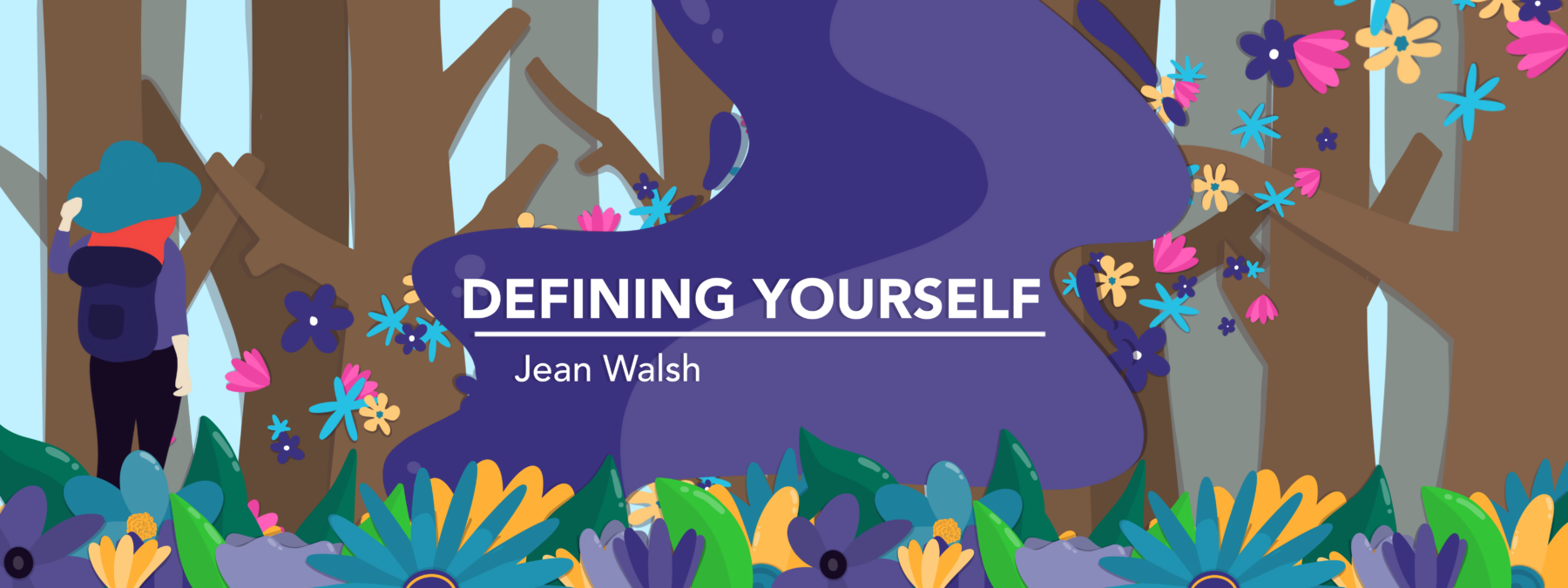Laughter is good medicine for navigating the ups and downs of FA
Humor helps me manage my emotions instead of being overwhelmed by them
Written by |

Last Monday, my husband, Dave, and I were on the last leg of our journey home from vacation in the Shenandoah Valley. The GPS interrupted our Audible book and said, “Take exit 90 toward the Massachusetts Tournpike.” That’s not a typo — the GPS mispronounced turnpike. Hearing the mistake, we burst into laughter. I think you have to have heard it to believe how funny it was for Dave and me.
It then proceeded to say “turnpike” wrong two more times. I laughed uncontrollably each time I heard the mispronunciation. By the third time, Dave was laughing more at my laughter than at the mistake.
We were nearing the end of our nine-hour drive. We were exhausted, eager to be home, and squirming in our seats as we searched for a comfortable spot. Laughing with abandon felt incredible.
Like Mary Poppins, I love to laugh. Sometimes, when I need a boost, I watch goofy golden retriever videos (because I have one) or “Saturday Night Live” clips for a good laugh. I instantly feel lighter.
I have Friedreich’s ataxia (FA), and many of its symptoms cause me overwhelming feelings of sadness and anger. I am always searching for easy and healthy ways to deal with those strong emotions. Laughing might not be the best medicine, but it is good medicine — especially for people living with rare and chronic illnesses.
The health benefits of laughter
In psychology, the process of managing one’s emotions effectively, rather than being overwhelmed by them, is termed emotional regulation. The stress and emotional strain linked to long-term illness often cause anxiety, depression, and a lower quality of life.
According to an article published in Proceedings of the Royal Society B: Biological Sciences, laughter triggers the release of endorphins, the body’s natural feel-good chemicals, which help to reduce the perception of pain and promote a sense of well-being. The researchers found that laughter increases one’s pain threshold, and that “this pain-tolerance effect is due to laughter itself and not simply due to a change in positive affect.”
An article in the University of California, Berkeley’s Greater Good Magazine notes that shared laughter boosts social connection and support. Both are essential for people with FA and other rare diseases who may feel isolated because of their condition. That’s why Dave and I felt so close as we laughed at the GPS. It also explains why watching “Talladega Nights: The Ballad of Ricky Bobby” or your comedy of choice is much more fun with friends. Sharing humor, whether with family, friends, or support groups, promotes a sense of belonging and mutual understanding.
Ultimately, laughter is good for your heart. Now I know laughing is one of the tools I can use to keep my FA heart as healthy as possible for as long as I can.
I hadn’t kept up with social media and emails during vacation. On Tuesday morning, after we returned, I discovered that a friend had died from FA and that the U.S. Food and Drug Administration had declined to approve vatiquinone for treating FA.
While remembering how good Monday’s laughter felt didn’t erase the pain of those events, it did make me feel lighter. I reminded myself that it’s OK to laugh even when you’re mourning. I’ll have to keep reminding myself that taking a break to enjoy some humor is a helpful way to manage my sadness. What laughter isn’t is disrespectful to my friend who died.
Note: Friedreich’s Ataxia News is strictly a news and information website about the disease. It does not provide medical advice, diagnosis, or treatment. This content is not intended to be a substitute for professional medical advice, diagnosis, or treatment. Always seek the advice of your physician or another qualified health provider with any questions you may have regarding a medical condition. Never disregard professional medical advice or delay in seeking it because of something you have read on this website. The opinions expressed in this column are not those of Friedreich’s Ataxia News or its parent company, Bionews, and are intended to spark discussion about issues pertaining to Friedreich’s ataxia.




Leave a comment
Fill in the required fields to post. Your email address will not be published.